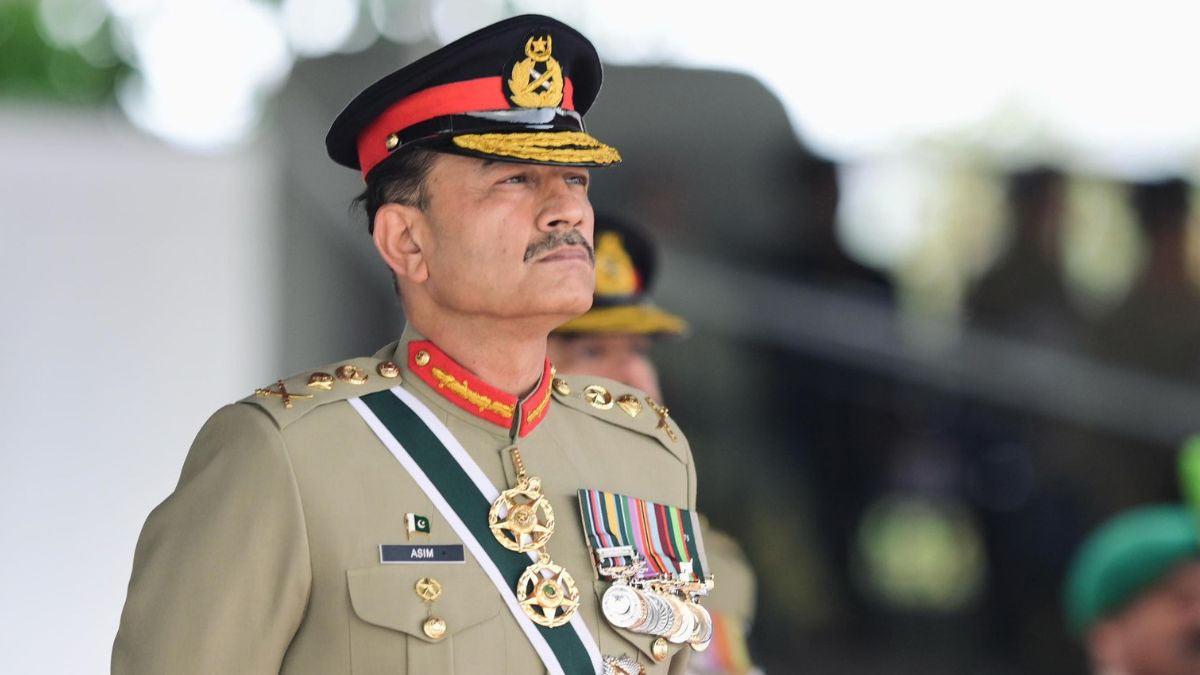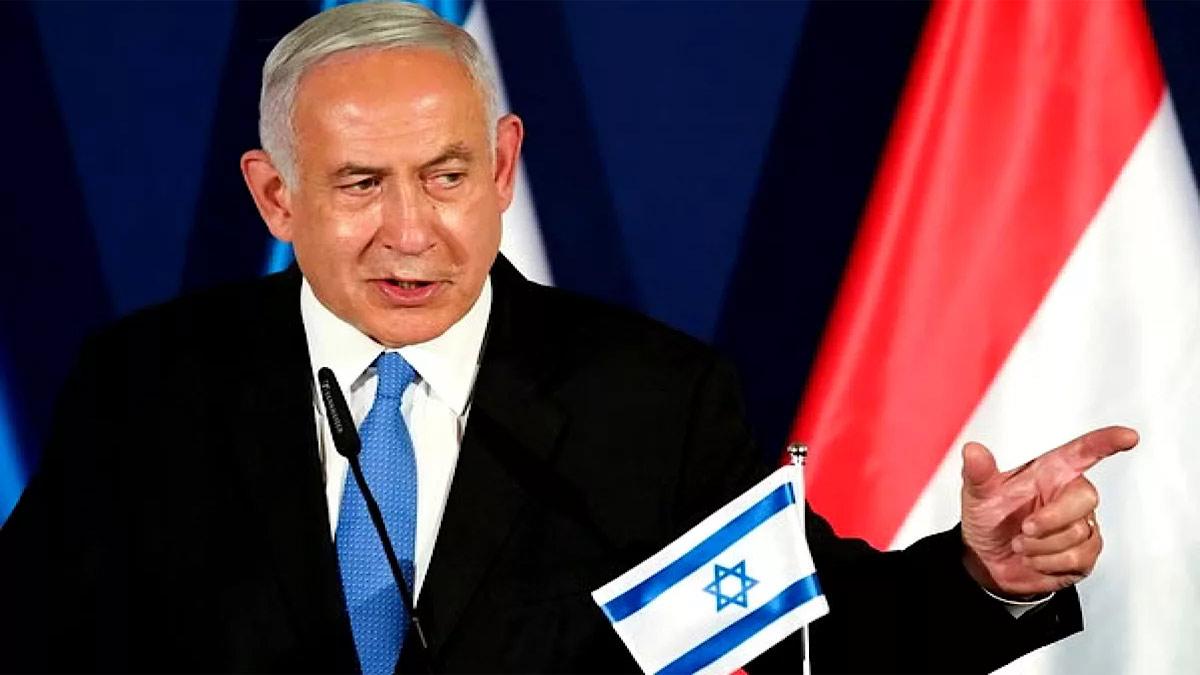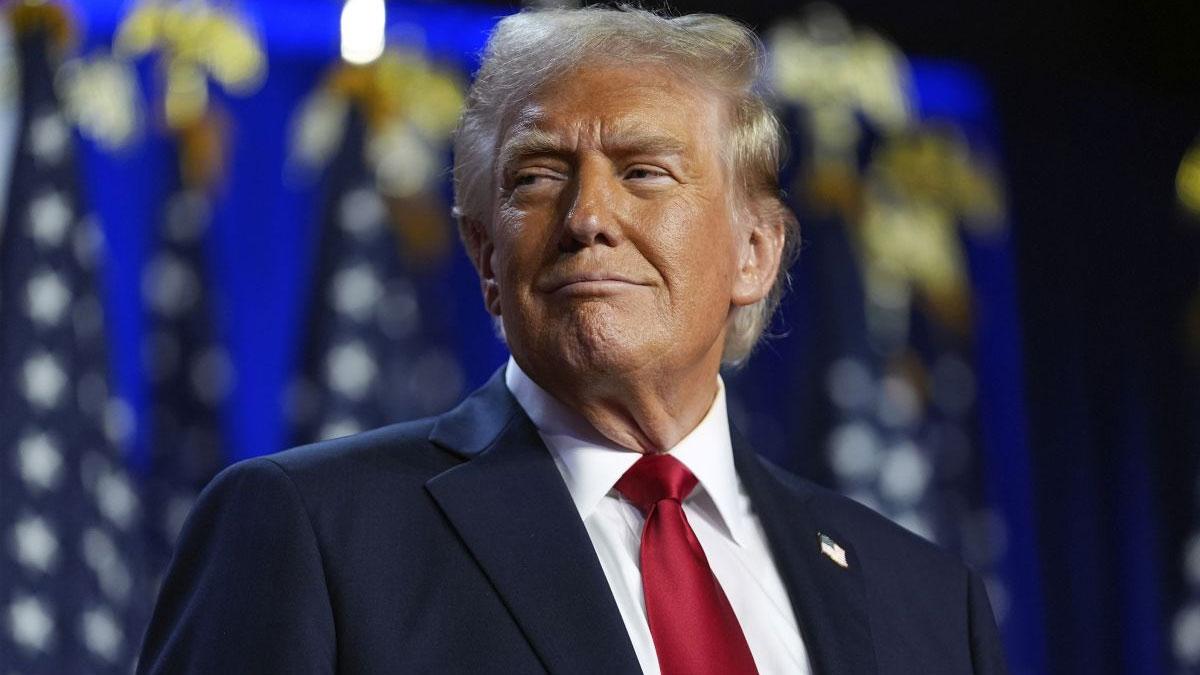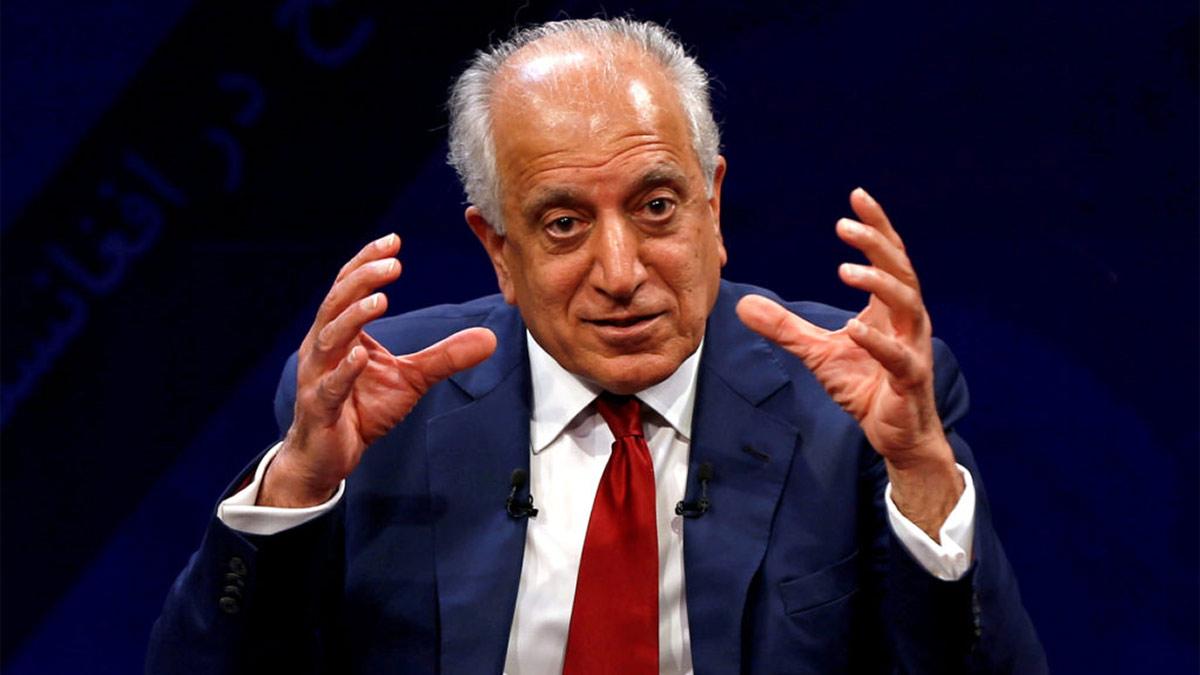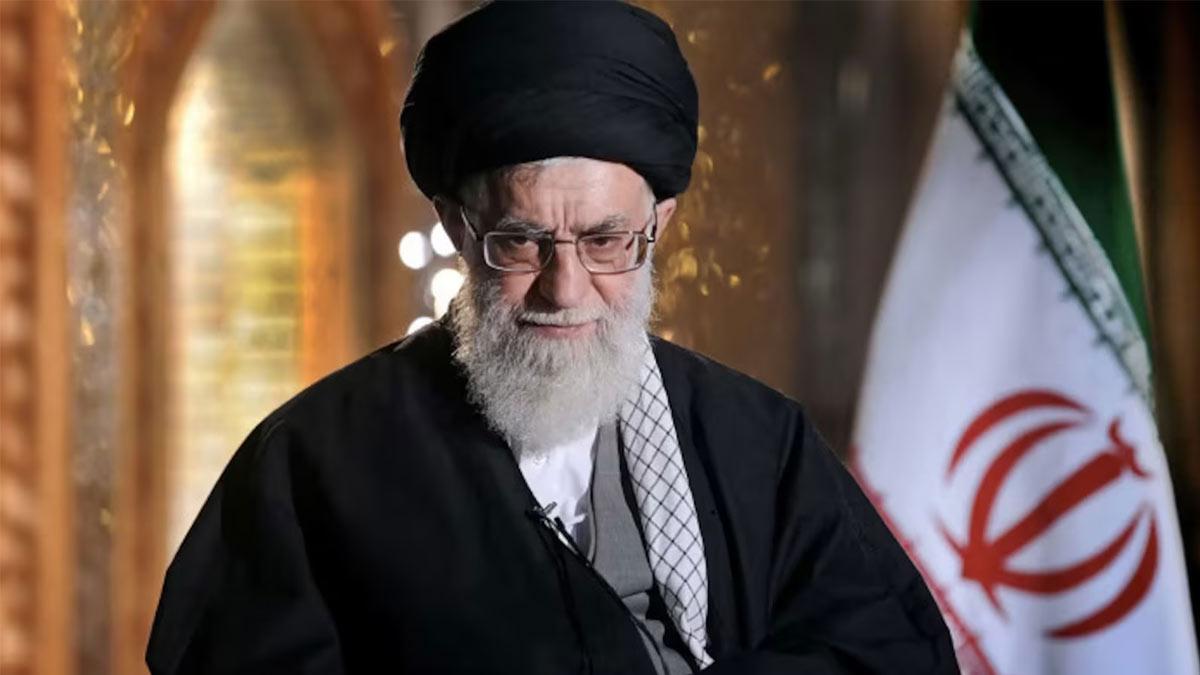On June 18, the military leader of Pakistan, General Asim Munir, was hosted by former US President Donald Trump to a luncheon at the White House—a sit-down that Munir had described as being decisive in preventing a nuclear conflict between Pakistan and India.
The interaction has drawn contradictory responses from various analysts around the world, with some believing it is a sign that the US is making a policy change while others are calling it theatrical diplomacy.
In comments after the meeting, Trump stated, "This man (Munir) was very influential in preventing it from the Pakistani side. Modi, on the Indian side, and others. They were at it, and they're both nuclear nations. I had it stopped."
Indian Prime Minister Narendra Modi reaffirmed the same day in a 35-minute telephonic conversation that India wasn't involved in any trade talks over Operation Sindoor. He reiterated India's long-held position of declining third-party intervention in any bilateral issue.
White House press secretary Anna Kelly later confirmed the meeting, describing it as an expression of appreciation for Munir's praise of Trump's action to relieve tensions between the two nuclear nations.
In spite of the public recognition, many experts from both India and the US expressed skepticism over the strategic depth of the encounter. Meera Shankar, who used to be the Indian Ambassador to the US, proposed that Pakistan might be providing short-term tactical partnerships, with a caveat in terms of Trump's process. "Trump is highly transactional. He won't be emotionally attracted to Pakistan," she stated.
Speaking to CNBC-TV18, Shankar speculated that Pakistan might be extending clandestine cooperation in the Gulf region. “Given the current situation in the Gulf, Pakistan may have offered some clandestine listening posts or something to the Americans vis-à-vis Iran, because Pakistan has long had the habit of running with the hare and hunting with the hounds, so they can say one thing and do another,” she remarked.
With Pakistan's urgent economic issues and its dependence on an IMF bailout, she went on, the nation could very well be making sparing strategic concessions like intelligence assistance, but not necessarily operational bases.
Adding an extra layer of criticism, ex-Pentagon official Michael Rubin brushed aside the importance of the interaction. "Diplomatic rhetoric. everybody views Pakistan for what it is, with the possible exception of Donald Trump," he said, implying that the meeting could be as much about optics as it is about policy.
Pramit Pal Chaudhuri, head of the South Asia practice at Eurasia Group, also echoed these views. He said that Pakistan's utility to Washington's counterterrorism efforts continues, but its strategic importance in broader terms has diminished after the American withdrawal from Afghanistan.
He also pointed towards the deep-rooted position of the military in the Pakistani power establishment and General Munir's hold on considerable power. The Trump administration made it clear that they view Pakistan as valuable both on the counterterrorist front of terrorism, and they've had some interest in mineral interests in Pakistan. Trump is not very protocol-oriented. He makes his own foreign policy, and I think he's very aware of what he does. The positive for India is that Pakistan has little to bargain with.". There is next to no American corporate presence in Pakistan, and the nation is dealing a weakening hand in its relations with the United States," Chaudhuri said.
Read also| Former US Envoy Zalmay Khalilzad Says Gen Asim Munir 'Cannot Be Trusted'

